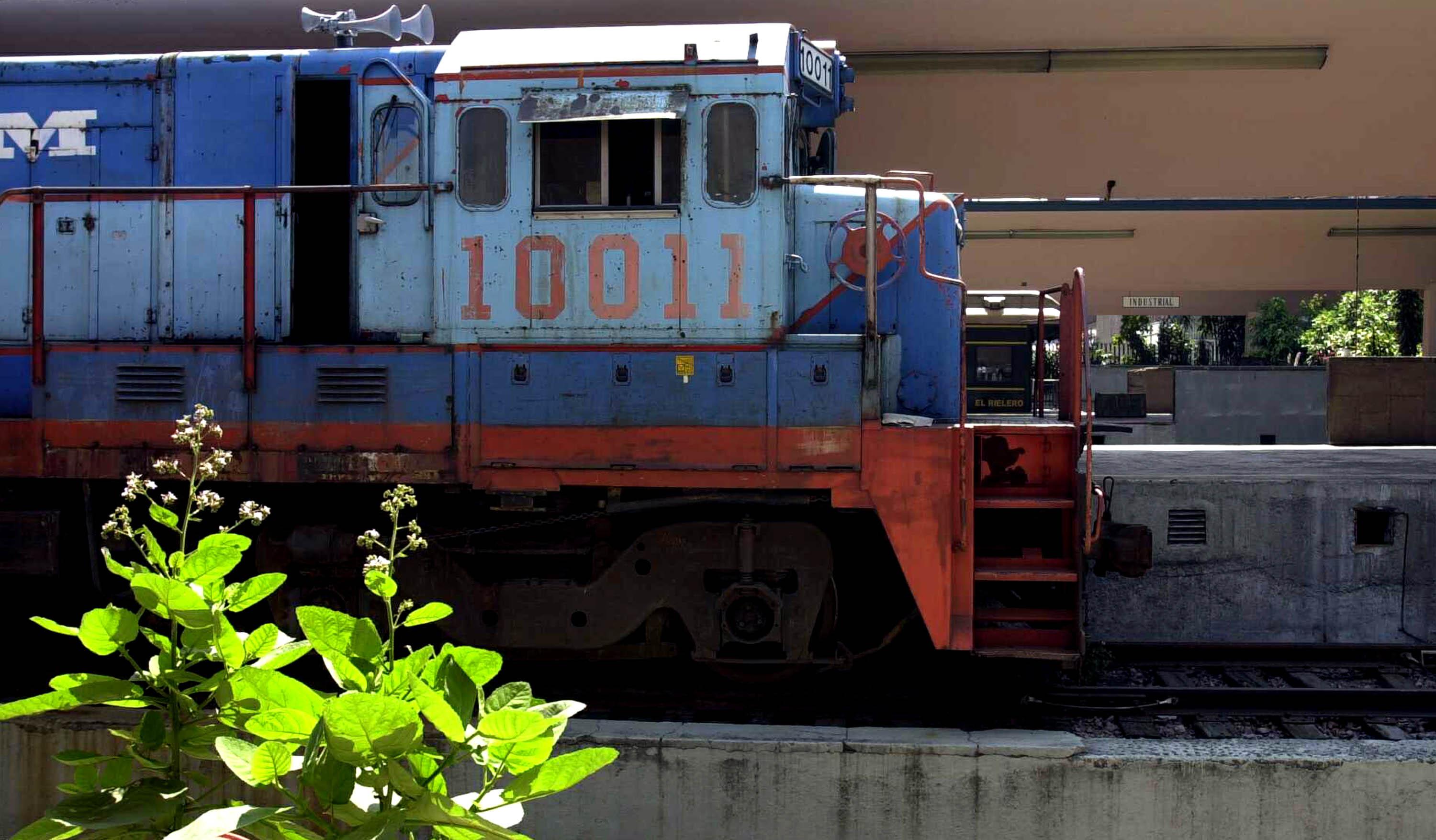Spare a thought for Kansas City Southern. One of America’s great railway companies, based in the heartland, it is the self-professed “NAFTA Railway”: Its network consists largely of railroads that reach deep into Mexico, through Mexico’s industrialized northeast, and extend to the Pacific’s Port of Lázaro Cárdenas and Gulf of Mexico ports like Tampico and Veracruz. On the U.S. side, Kansas City Southern’s lines wend from Texas into Louisiana and Mississippi, and straight up the spine of the country through Oklahoma and Arkansas to Kansas City, Missouri.
Kansas City Southern’s business model is built on two things: economic integration between the United States and Mexico, and stability in the relationship between the two trading partners. When customers load grain in Kansas and send it to Mexico City or load car parts in Monterrey and send them to Alabama, the goods are precleared for customs at their points of origination. The long trains, whistles blowing in the lonely night, trundle across the border without paying tariffs. The company’s Mexican unit, which accounts for about half of the company’s revenues, collects much of it in pesos, which makes the parent company susceptible to volatility in the dollar-peso exchange rate.
Donald Trump’s election has threatened to erode both of the pillars underlying Kansas City Southern’s business. Trump has signaled his intention to tax outsourcers, to renegotiate NAFTA, and to build a massive, comprehensive wall between Mexico and the United States. Each of those policy initiatives would directly impede the current ease with which goods flow across the border.
In addition, Trump’s saber-rattling has shnitzeled the peso, whose value plummeted sharply against the dollar in November and December and is now near a record low.
This combination of events has been bad for Kansas City Southern. As it converts pesos into dollars, its results now look anemic. Last week, it reported earnings that were flat from the previous year. And the company used the dread U-word when providing guidance to investors. “Looking ahead to 2017, the Company is aware of both economic and political uncertainty,” as CEO Patrick J. Ottensmeyer put it. Translation: Now that Trump is president, we have no idea what will happen with the peso exchange rate, with NAFTA, or with our business.
Kansas City Southern’s stock topped out at about $100 last August, and stood at about $93 on Election Day. It fell to $80 earlier this month—a 14 percent decline from Nov. 8—and now sits at $85.50. It has lost about $800 million in market value.
It’s doubtful this was the outcome Kansas City Southern’s executives were expecting. Clearly, this red-state business—it’s based in Kansas City, Missouri, and its U.S. operation is entirely in other red states—had been set up for a set of policy arrangements that the Republican Party had generally backed. It’s no surprise that in the 2016 election cycle, Kansas City Southern’s PAC sent 86 percent of its donations to Republican candidates. Now it’s found that the presidential candidate of the party it backed seems intent on blowing up its business model, and that congressional GOP leaders don’t seem to want to get ahead of the speeding Trump train.
We’re going to see a lot more of this in the next several years. Kansas City Southern is a classic example of executives simply believing and knowing—recent history and campaign rhetoric be damned—that Trump and the GOP are good for their business and for the business climate, while Democrats are bad for both. From the moment Trump began campaigning, his policies toward Mexico and trade were pretty clear. Likewise, it was also clear that the House GOP, with each passing cycle, was becoming more and more inimical to free trade, Paul Ryan’s bromides notwithstanding.
If your business model depended on the existence of NAFTA and a stable Mexico, enlightened self-interest in 2016 would have dictated supporting a centrist, free-trading Democrat for president and supporting pro-free-trade Republicans and Democrats in Congress in equal measure. That’s not what the business community did in 2016. That’s not what Kansas City Southern did. And now it appears the NAFTA train is leaving the station.
